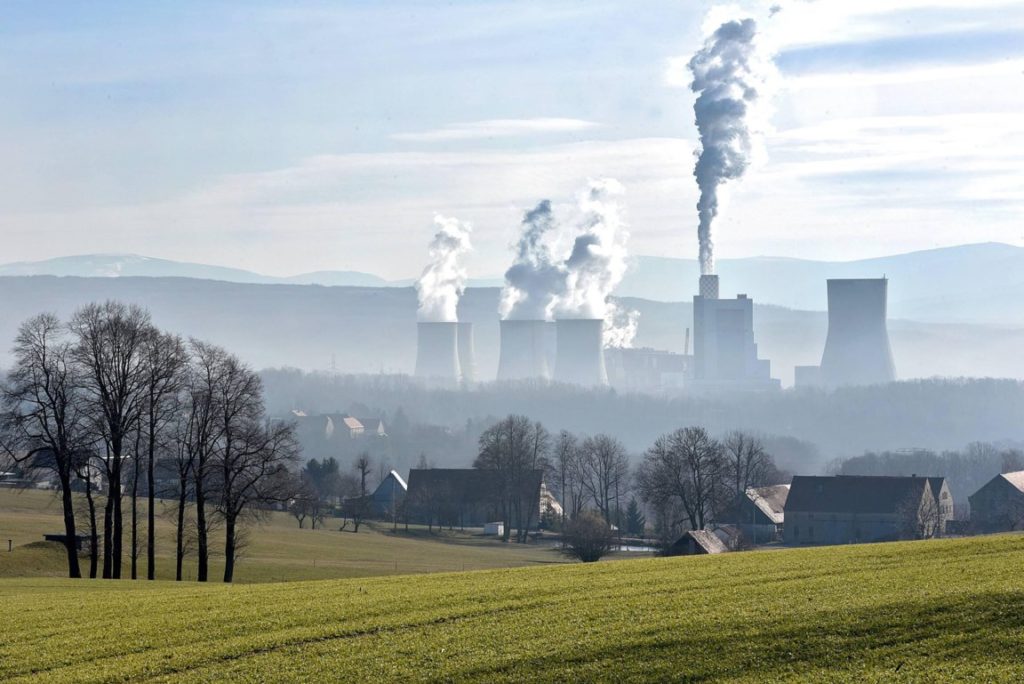The European Commission plans to create a new European Climate and Health Observatory as part of the update of its strategy for adapting to climate change, which it adopted on Wednesday.
Better anticipation of climate change and its effects on European soil begins with "more data collection and sharing", in order to model these effects and their health consequences more intelligently, European Commissioner Frans Timmermans told journalists.
Timmermans, who is in charge of the European Green Deal, pointed out that climate change is already being felt very concretely in every corner of Europe. In Brussels, very recently, the sudden switch from negative temperatures to very springlike weather also showed this, according to the commissioner.
The health impact of global warming is already there: "the deadliest natural disaster of 2019 worldwide was the European heatwave," the Commission pointed out.
Related News
- Jane Goodall among over 140 scientists calling on EU to end cages in farming
- EU wants 30 times more wind energy in 30 years
Even if all greenhouse gas emissions were suddenly stopped, the effects of global warming would continue to be felt for many years to come. Currently, the EU is losing €12 billion a year in economic losses due to extreme weather events. This figure is expected to multiply in the coming decades if global warming increases.
We must avoid the worst and prepare for what is inevitable, Timmermans said on Wednesday.
A first step will be to improve the systematic and comprehensive collection, quality and exchange of data on losses due to natural disasters, among other things, the communication says. "A deeper understanding of climate-related health risks and a greater capacity to address them" are also needed.
The Commission will promote the use of its "Risk data hub" and at the same time set up a climate and health observatory within Climate-ADAPT, a European platform dedicated to adaptation to climate change, it announces.
Ultimately, any policy, including at the macro-budgetary level, should be able to integrate climate resilience considerations.
The Brussels Times

